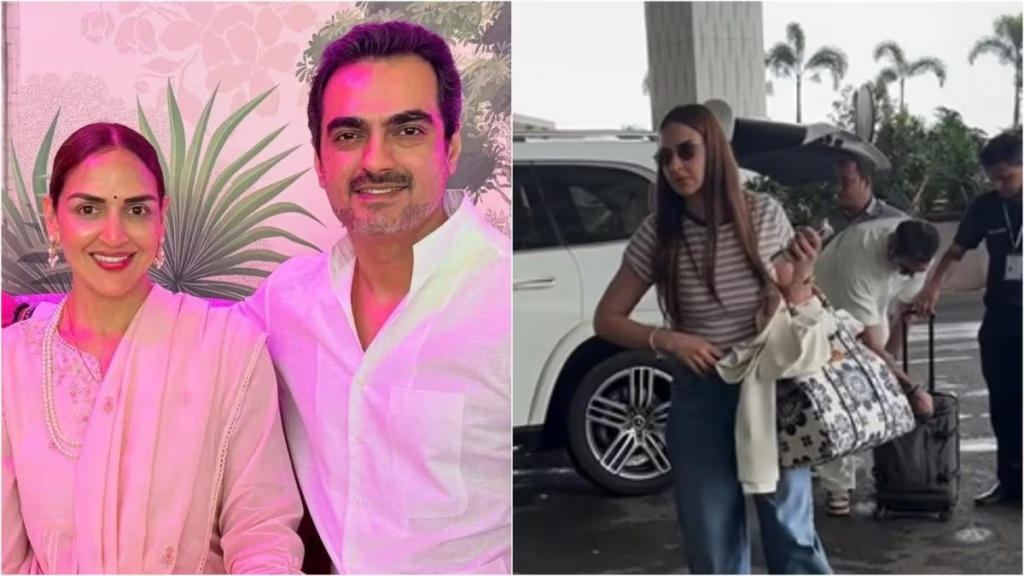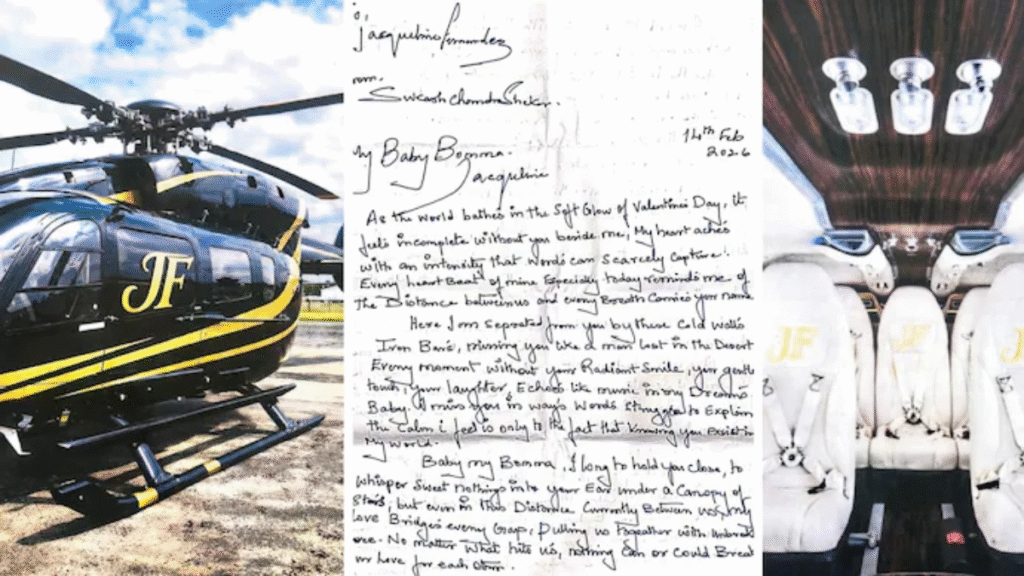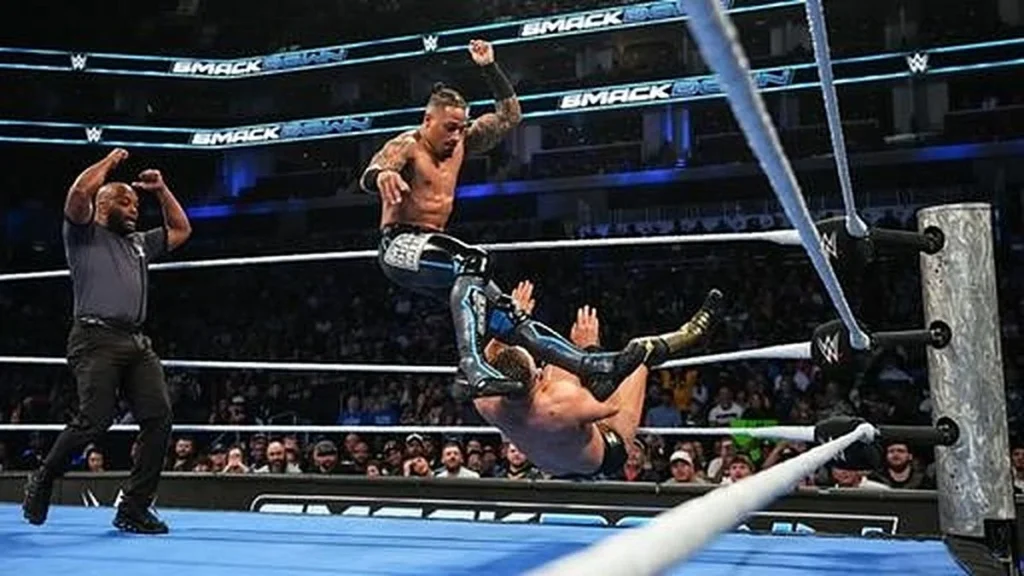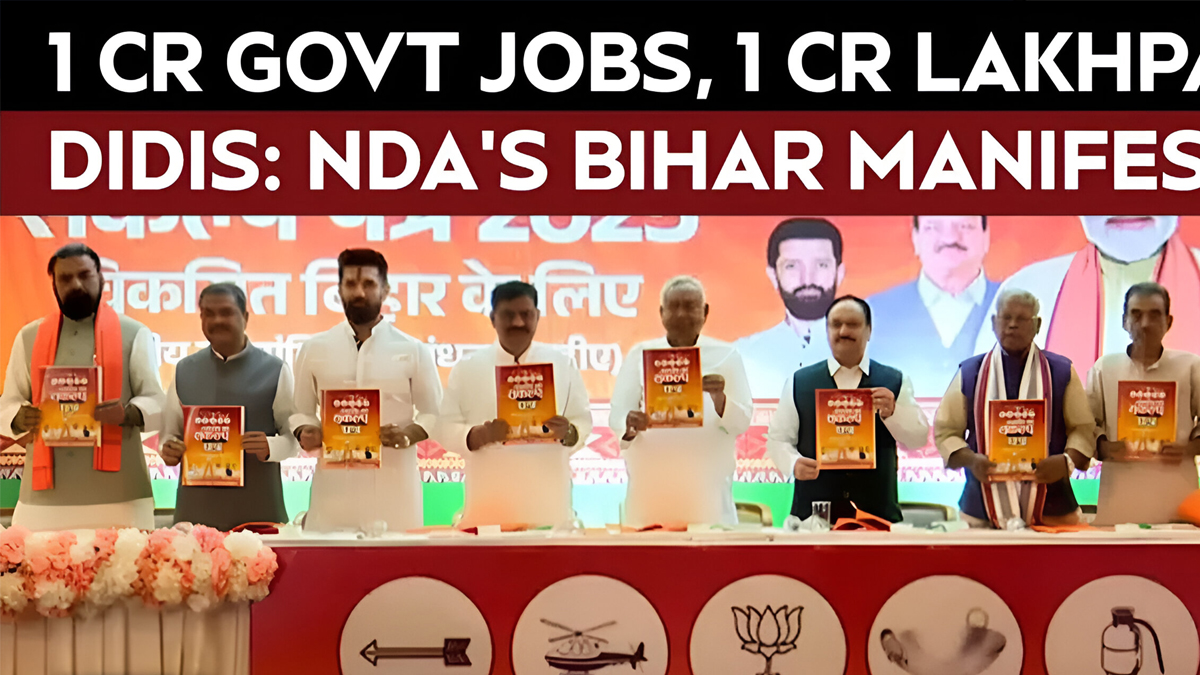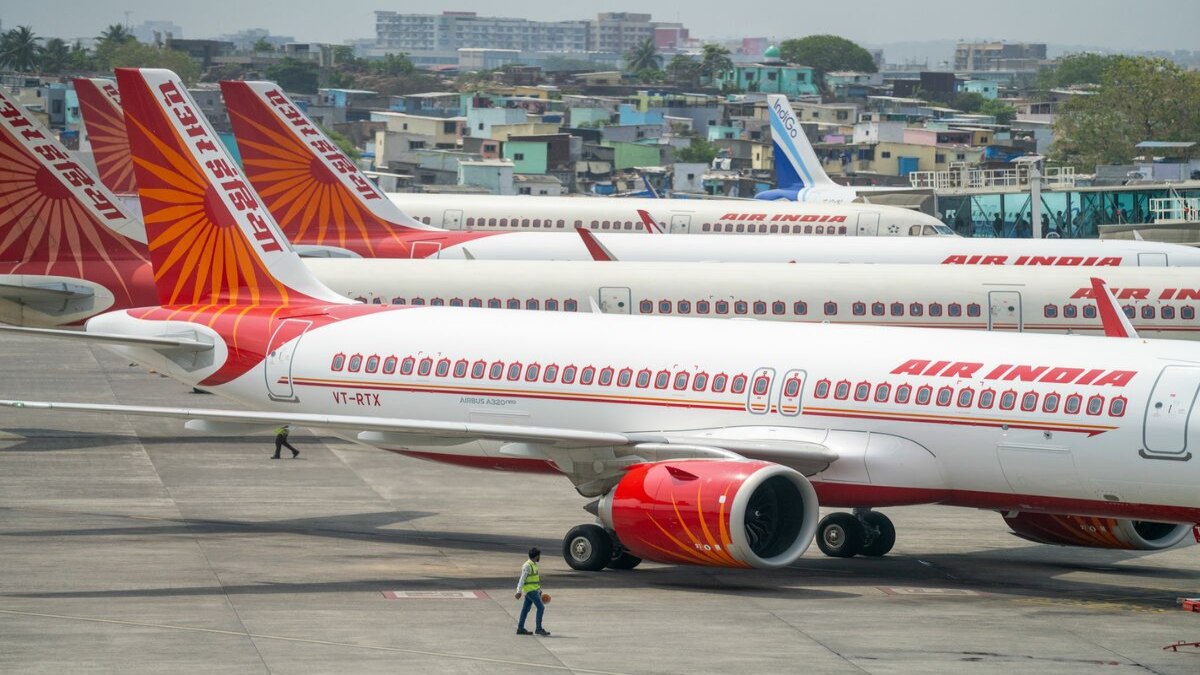Now Reading: Baahubali: The Epic Review — The Seamless Saga of Mahishmati Returns Without Pause
-
01
Baahubali: The Epic Review — The Seamless Saga of Mahishmati Returns Without Pause
Baahubali: The Epic Review — The Seamless Saga of Mahishmati Returns Without Pause
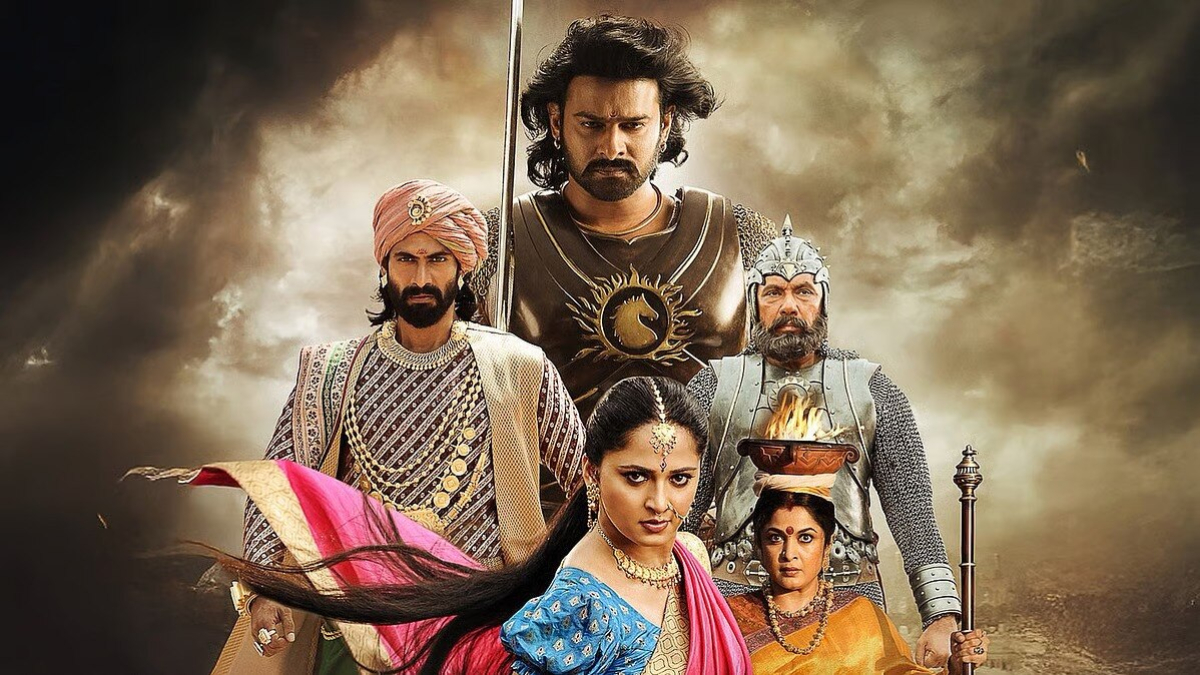
SS Rajamouli’s ambitious decision to combine his two-part magnum opus into a single, nearly four-hour cinematic experience, Baahubali: The Epic, results in a relentless, narrative-driven resurrection of a modern classic.
When S.S. Rajamouli’s Baahubali saga first exploded onto the global stage, it was hailed not just as a blockbuster, but as a paradigm shift for Indian cinema. Now, nearly a decade later and following the director’s subsequent international success with RRR, the story of Mahishmati is back on the big screen, re-edited and re-mastered as a single, monumental feature. This combined cut, running at approximately 224 minutes, dares the audience to experience the epic without the two-year pause that famously separated The Beginning and The Conclusion.
The central triumph of Baahubali: The Epic lies in its relentless, accelerated pacing. By excising the original films’ opening and closing credits, and more crucially, trimming subplots and songs deemed less essential to the core narrative, Rajamouli transforms the saga into a seamless, high-octane drama. The notorious romantic detour between Shivudu (Prabhas) and Avantika (Tamannaah Bhatia) in the first half is heavily condensed, often replaced with expository voiceovers. While this brevity sacrifices some of the emotional texture and breathing room that the original viewers cherished—moments like the popular ‘Mamathala Thalli’ song are noticeably absent—it serves the new format’s mission: to push the viewer forward into the dramatic heart of the story.
The result is a first half that feels less like a myth-building exercise and more like a fast-moving, high-stakes political thriller. The momentum established here pays massive dividends in the latter half, which focuses on the ascension, sacrifice, and ultimate revenge of Amarendra Baahubali (Prabhas). Without the forced interval of years, the emotional transition between Mahendra and Amarendra’s stories is remarkably coherent. The film truly finds its rhythm during the flashback sequences, where the performances of Prabhas, Anushka Shetty as Devasena, and especially Rana Daggubati as the menacing Bhallaladeva, shine with renewed intensity. Rana’s controlled, simmering antagonist feels even more dangerous when his machinations are presented in continuous succession.
Technically, the film holds up remarkably well, reaffirming the groundbreaking vision of the original team. The re-mastered 4K quality and Dolby Atmos sound enhance the already jaw-dropping set pieces. Composer M.M. Keeravani’s score, the true emotional engine of the narrative, is now more immersive, elevating every sword clash and war cry into an operatic experience. While some of the earlier CGI moments may reveal their age under the scrutiny of a decade of cinematic advancement, the sheer scale and meticulous production design of Mahishmati remain captivating.
However, the experience of The Epic is not without its challenges. For newcomers, the rapid-fire succession of events in the opening hour might feel overwhelming, making it difficult to fully absorb the weight of every character’s dilemma. For veterans, the excised scenes might be missed, as the cuts occasionally remove the quiet character moments that deepened the saga’s texture. Nevertheless, as a definitive single-sitting cinematic spectacle, Baahubali: The Epic stands as a monumental achievement. It is a powerful testament to Rajamouli’s mastery of the maximalist spectacle, delivering a nearly four-hour experience that, despite its length, barely allows you a moment to catch your breath. It is less a nostalgic re-release and more a potent reaffirmation of the power of grand-scale Indian storytelling.

